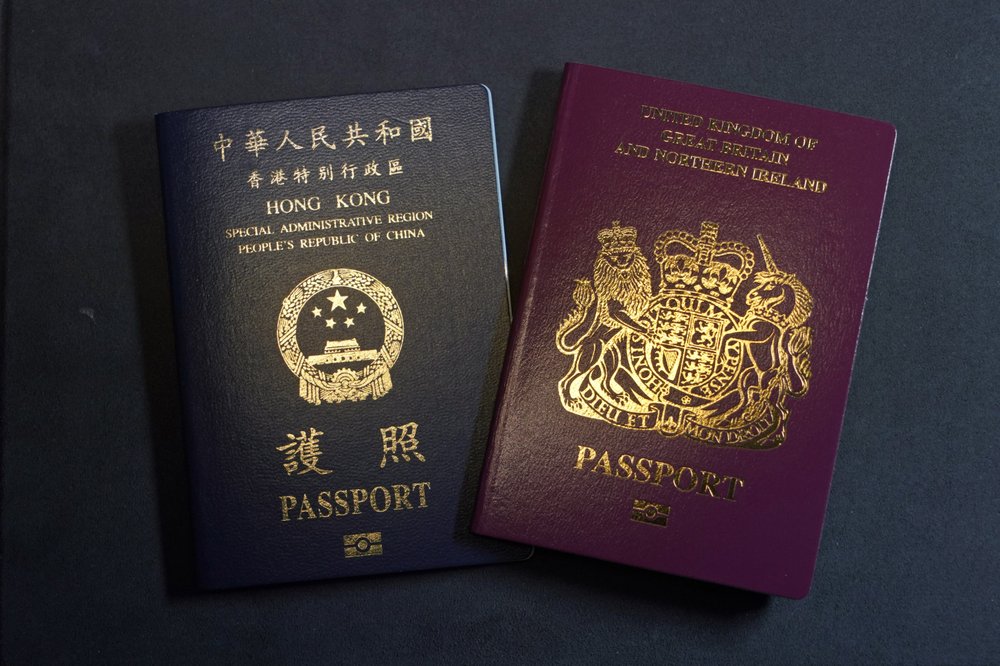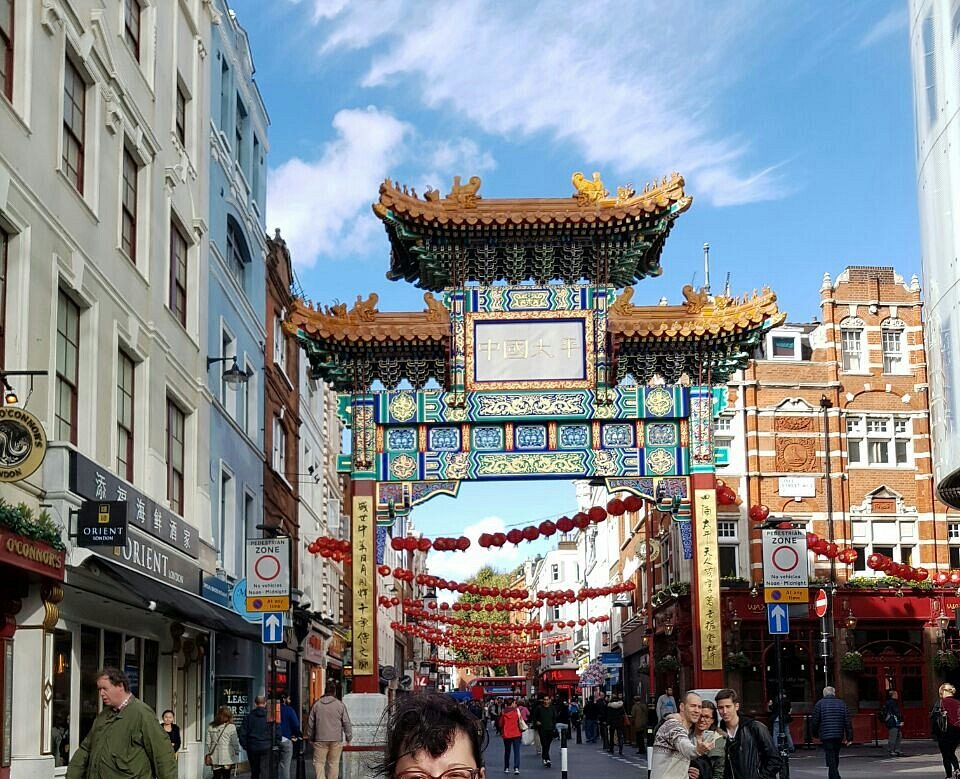Hongkongers are a people of diaspora. What runs in the blood is a long-stretching history of fleeing and returning from one place to another. From mid-1800s’ Taiping Rebellion to major conflicts in the last century like the Second World War, the Cultural Revolution, and the Vietnam War, the population has been made up of either refugees themselves or descendants of refugees who decided to call Hong Kong home. Pathetically, some scholars call this a “refugee mentality”: residents are constantly on the run of grasping political stability and individual freedoms for themselves, and for their offspring.
The moment the Sino-British Joint Declaration was signed in 1984, Hong Kong people were once again put at a crossroad. On each side of a coin lay answers to the question: “to stay, or to leave?” The demoralized ones thought the only British remnant—the British National (Overseas) (a.k.a. BN(O)) passport—was no better than a tourist visa, while some optimists believed we need not sweat about the Handover when the Basic Law, the city’s future mini-constitution, started falling into place. People regarded that an omen of China opening up and democracy appeared to be the only way out.

In 1989, eleven years after China’s Reform and Opening Up, concerns arose among the population regarding the direction of social and economic development. Some chose to publicly talk about the struggles that leads to conflicts in the society. In response to these widespread concerns, the Chinese government changed its focus, giving priority to economic development.
This was the authority bound to take over Hong Kong in 1997. This was the regime that we, after being domesticated by British ideologies, were left to anything but yield to.
At this pivotal moment, the colonial government put forward a plan to restore citizens’ confidence by investing heavily on building an entirely new airport, new bridges connected thereto, and new towns around the city—a large-scale infrastructure project so grand that they coined it “The Rose Garden Project” — all driven by the ideal of luring more people to live in Hong Kong after 1989. The initial budget was HKD 200 billion, when the local government only had HKD 70 billion in reserve.
At that point, the message could not be clearer: the BN(O) passport granted to Hong Kong people did not guarantee the right of abode in the UK; no one could be certain that the Chinese government would keep their promise beyond 1997; the colonial government rapidly put out a project that would drain taxpayers' money down to the last penny. For a short period, Hong Kong was to some their promised land, and to others, a stably thriving metropolis. Overnight the flight took off once again, only this time with an entirely different course.

The five years following 1989 was the peak of the emigration wave, when over 60,000 persons left the city every year; if student visas were included, the number would be up by some 20,000. Hong Kong’s population had just surpassed 5 million in 1980, which means over 10% of it had abandoned their home in that 5 years. This unprecedented demographic change in the early 90s had threatened Hong Kong’s prosperity but more importantly on a worldwide scale, shaped how Chinese people and culture are perceived till this day.
Today no major city in the world comes without a Chinatown. Most forerunners of these enclaves are exactly those with some kind of Hong Kong roots. This is why when you go to a Chinatown, it’s more likely that you hear chatters in Cantonese, a language spoken predominantly in Hong Kong and Guangdong province, instead of Mandarin, the official language of Mainland China (Nonetheless the latter has become growingly ubiquitous in the last decade or so).

The second emigration-produced influence is food. When asked to think of the one dish that represents Chinese cuisine, dim sum or wonton noodles—iconic offerings originated from the Southern China region—rather than Peking duck or Sichuan hotpot comes to one's mind. (Not the case of fortune cookies and chop suey though, they were largely American inventions).
Another thing these new settlers brought was talent. 15-19% of those emigrated between 1987 and 1991 had attained a degree or higher in a time when only about 4% of the whole Hong Kong population did. With these skilled elites came considerable assets. The Canadian government estimated that in 1992 alone, 5 billion CADs flowed into the country from Hong Kong. The massive brain-drain and influx of wealth are arguably a loose attribution to stereotypes like Crazy Rich Asians and Chinese immigrants being high-achievers.
While gloominess and insecurity pervaded those who had chosen to stay, they were in truth shared sentiments of all Hongkongers, local or abroad. Language barrier, incompatible mode of living, business culture and other attributes made Western countries no paradise for the departed. Since 1996, a fraction of them started remigrating. Nevertheless, many of them returned after securing a foreign country passport. No matter how economically robust our country or city was becoming, at the back of our heads, the people were still on the run. It never stopped, never will.
